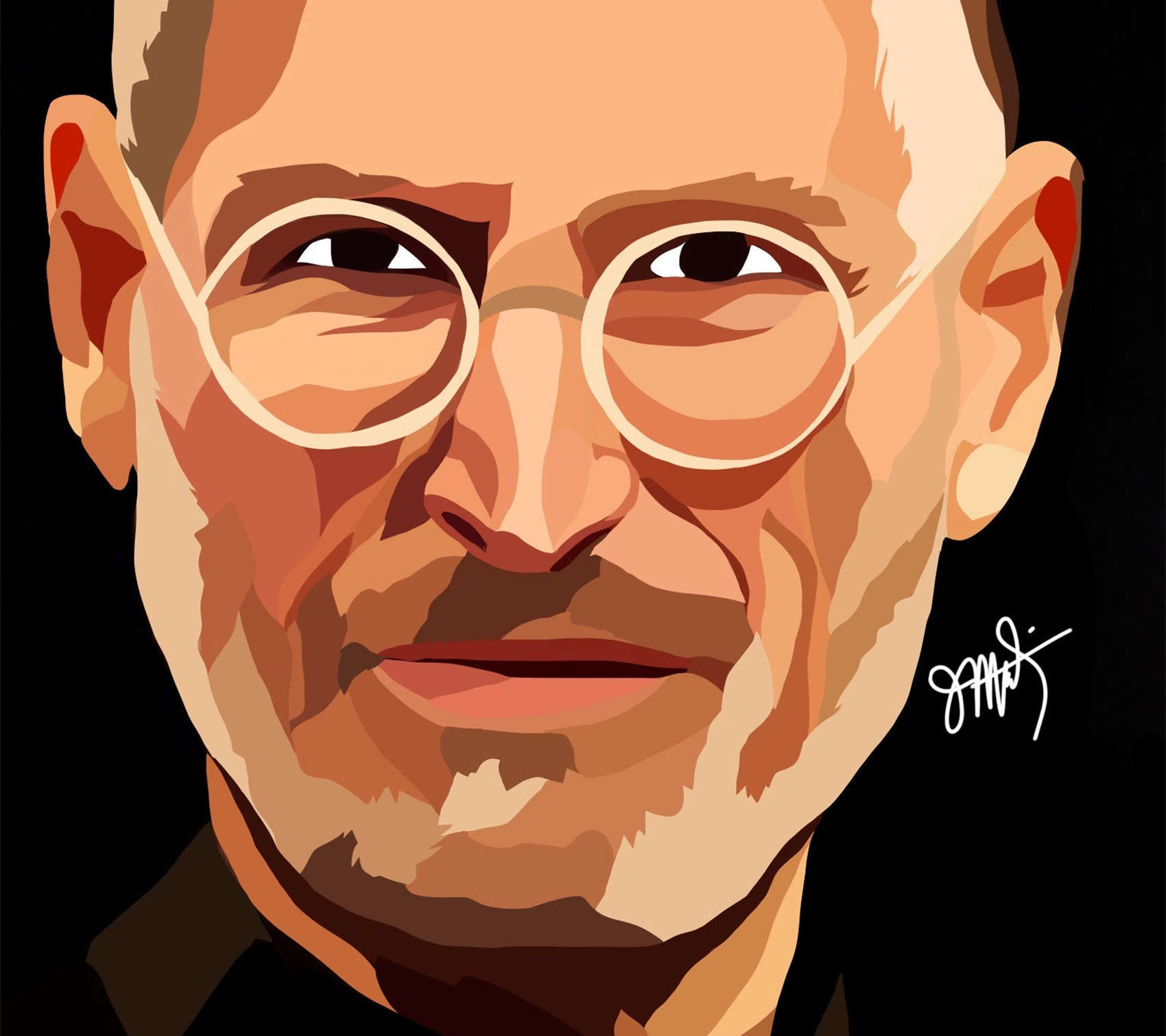 October 5, 2011: Apple co-founder Steve Jobs dies at the age of 56 in his home in Palo Alto, California.
October 5, 2011: Apple co-founder Steve Jobs dies at the age of 56 in his home in Palo Alto, California.
Jobs’ official cause of death is respiratory arrest arising from complications related to a rare type of pancreatic cancer. He was diagnosed with cancer eight years earlier, and officially stepped down from his role as Apple CEO in August 2011, just weeks before his death.
This post contains affiliate links. Cult of Mac may earn a commission when you use our links to buy items.
Death of Steve Jobs
With so much written about Jobs in the years since he died, and so much material to write about, it’s impossible to summarize his life in a short article. To me, one of the most notable things about his death was how much it meant to people around the world.
If anyone thought of tech as a niche hobby in 2011, the public outpouring of grief following Jobs’ death surely changed their mind.
Steve Jobs: An unsentimental man
Jobs himself was not sentimental. When he left Apple in the mid-1980s, he didn’t even clear out his office. That meant personal mementos like his first Apple stock certificate, which had hung on his office wall, got tossed in the trash.
Shortly after returning to Apple in the late 1990s, he gave the company’s historical archive to Stanford University Libraries. The stash included records that Apple management kept since the mid-1980s. The reason Apple handed over this historical treasure trove? Jobs didn’t want the company to fixate on the past.
In 2006, an ex-Apple employee named David Pakman emailed Jobs. Pakman, who worked at Apple from 1991 through 1997, suggested staging a celebratory event for Apple’s 30th birthday. He received a simple answer:
David,
Apple is focused on the future, not the past.
— Steve
An amazing legacy at Apple
This attitude extended to Jobs’ view of himself — and his own legacy. He apparently “made his view … very clear” that Apple should not name its new spaceship campus after him, even though he made one of his last public appearances speaking in favor of the construction project.
In the end, Cupertino dubbed the massive campus “Apple Park.” (However, Apple named the campus’ award-winning media center The Steve Jobs Theater in his honor.)
Jobs also spent much of his latter tenure at Apple establishing a company that could run without his presence. As CEO Tim Cook, who worked alongside Jobs, told the authors of the biography Becoming Steve Jobs, “[Steve] didn’t want us asking, ‘What would Steve do?’ He abhorred the way the Disney culture stagnated after Walt Disney’s death, and he was determined for that not to happen at Apple.”
Nor did Jobs harbor illusions that people would obsess over Apple products for years after his death. That’s despite his perfectionist knack for getting the products right during his life.
“All the work that I have done in my life will be obsolete by the time I am 50,” Jobs said in a 1994 interview, when was 39.
Whether he was right or not (and, in technical terms at least, he was), he clearly felt this way.
https://x.com/tim_cook/status/1709957173575647240?s=20
Apple after Steve Jobs’ death
All of which goes some way to saying why it was so heartening that Jobs’ death received so much attention. He wasn’t the richest technology CEO to die. But the reaction showed that his life — faults and all — meant a lot to a great number of people. Jobs helped create products people cared about, and in turn they cared about him.
A lot has changed at Apple since Jobs died. And that is exactly what he made clear he wanted to happen. Gauntlets he laid down about never wanting to see a stylus on an iPad have been, wonderfully, cast aside with the Apple Pencil. Jobs always pushed engineers to prove him wrong, so I think he couldn’t have been any happier with the result.
We’re also well beyond the need for the Mac to be a “digital hub.” And today, Apple embraces environmentalism and other issues with a passion Jobs did not exhibit for them.
But it’s the same company Jobs imbued with a strong vision back in the 1980s (and arguably the late ’70s). And, hey, the product lines he set in motion continue to be extremely profitable — as do the movies made by Pixar, which Jobs helped bring to prominence.
Memories of Steve Jobs
What are your resounding memories of Steve Jobs? Where were you when you heard he passed away? What was his single biggest achievement, in your view? Leave your comments below.


